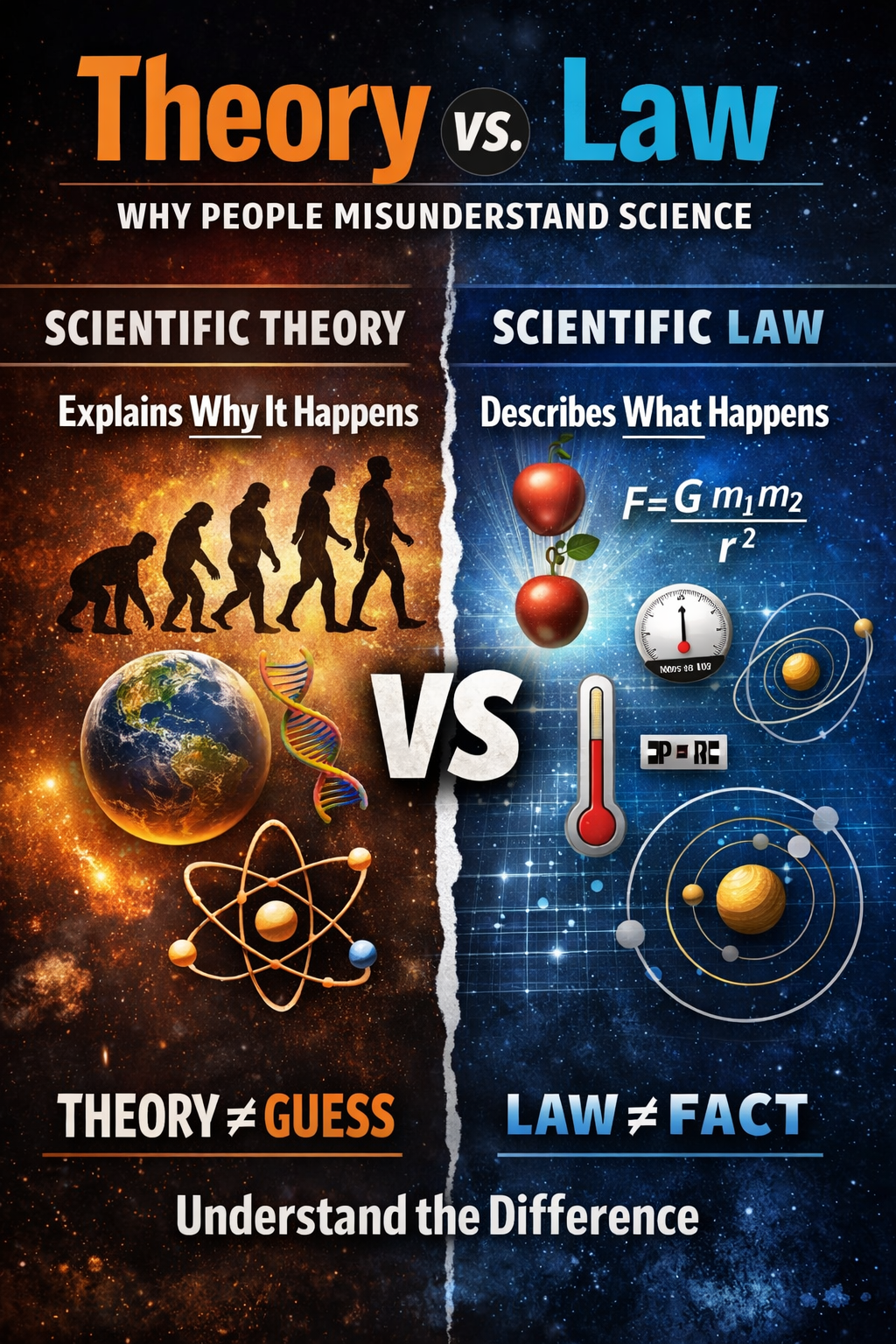The Tax Myth: Why Billionaires Already Carry the System
The Populist Punchline

Introduction – The Populist Punchline
It has become one of the favorite applause lines in Democratic politics: “Billionaires don’t pay taxes.” On debate stages and campaign rallies, progressives hammer the claim that the ultra-wealthy cheat the system, avoid contributing their “fair share,” and live off loopholes while ordinary Americans foot the bill. It sounds righteous. It sounds populist. But it’s also wrong.
The truth, buried under political rhetoric, is that America’s highest earners already carry the tax system. Billionaires don’t “get away” with paying nothing — they pay extraordinary sums, both directly and indirectly. The myth that they don’t is built on selective statistics, willful misunderstanding of how taxation works, and a refusal to admit that wealth creation is not the same thing as taxable income.
How the “Zero Taxes” Myth Spreads
The claim that billionaires “pay no taxes” usually comes from two places:
- Wealth vs. income confusion. Democrats point out that a billionaire’s net worth grows (say, stock holdings rising by billions), but because those gains aren’t taxed until sold, they call it “untaxed income.” The problem: under U.S. law, unrealized gains are not income. You aren’t taxed on your house going up in value until you sell it. The same principle applies to stocks.
- Cherry-picked anecdotes. Headlines often cite a handful of billionaires in certain years showing low tax bills compared to wealth. What they don’t say: those years often coincide with massive reinvestments, losses carried forward, or unusual accounting quirks. Over a lifetime, these individuals still pay staggering amounts.
The Reality: Who Pays What
The IRS’s own data is clear. According to the latest IRS Statistics of Income tables:
- The top 1% of earners (not just billionaires, but high earners generally) pay over 40% of all federal income taxes.
- The top 10% pay nearly 75%.
- The bottom 50% of taxpayers pay less than 3% of federal income taxes combined.
This isn’t opinion; it’s arithmetic. The system is already heavily progressive. Billionaires, with highly visible wealth, are simply the poster children for a reality most Americans don’t see: the rich fund the bulk of the government.
The Capital Gains Confusion
Much of the Democratic rhetoric depends on portraying capital gains — profits from selling assets — as somehow illegitimate. But capital gains are taxed, and at significant rates. Long-term capital gains are taxed at 20% federally (plus the 3.8% net investment tax for high earners, and state taxes on top of that). Short-term gains are taxed as ordinary income.
When billionaires sell stock, they face these taxes. Warren Buffett admitted that his tax rate appears lower than his secretary’s, but that’s because most of his income comes from capital gains, not wages. That isn’t “cheating” — it’s how the tax code incentivizes investment. If Democrats want to call investment income “cheating,” they are essentially calling the entire American economy fraudulent.
Wealth Isn’t a Checking Account
Another rhetorical trick is treating a billionaire’s net worth like a pile of cash under the mattress. In reality, most billionaire wealth is tied up in illiquid assets: ownership stakes in companies, real estate, intellectual property. Elon Musk doesn’t have $200 billion in cash; he owns Tesla and SpaceX stock. To tax that as if it were cash would require him to sell off his companies piece by piece every year.
This is why “wealth taxes” fail. They would require annual forced liquidation, distorting markets, shrinking investment, and ultimately harming workers whose jobs depend on those companies’ growth. The notion that billionaires are hoarding piles of gold while laughing at the IRS is a fantasy.
Do Billionaires Use Loopholes?
Of course they do — just like everyone else. Middle-class homeowners use the mortgage interest deduction. Parents claim child tax credits. Retirees shelter savings in IRAs. Billionaires, with complex finances, also use legal tools: deductions for charitable giving, losses carried forward from risky investments, deferrals when reinvesting profits. These are features of the tax code, not evidence of cheating.
The IRS has enormous power and a long record of auditing high-net-worth individuals. If billionaires were truly “not paying taxes,” they would be in jail. Instead, they are audited, monitored, and often the largest single contributors to the Treasury.
The Political Utility of the Myth
Why do Democrats keep saying billionaires “don’t pay taxes” when the evidence shows they do? Because it works as a rallying cry. It stirs resentment, paints a moral picture of the wealthy as villains, and creates momentum for new taxes. Proposals for a “wealth tax” or “billionaire minimum tax” are justified by this myth.
But these proposals would punish investment, force asset liquidation, and ultimately reduce economic growth. The irony is that the very programs Democrats champion — welfare, social security, public education — are overwhelmingly funded by the taxes billionaires already pay.
Why This Matters
The stakes here go beyond fairness. If Americans buy into the myth that billionaires pay nothing, they will support policies that undermine growth, discourage investment, and reduce innovation. A shrinking tax base cannot sustain the very programs Democrats say they want to expand.
By vilifying billionaires as freeloaders, Democrats obscure the truth: our system already leans heavily on the rich. Instead of demanding they pay “more,” the real challenge should be ensuring that tax dollars — much of them coming from the top 1% — are spent wisely.
In 2025, with Trump back in office dismantling DEI bureaucracies, securing the border, and refocusing government on essentials, it’s worth asking: do we want a tax code that punishes wealth creation, or one that sustains prosperity?
Conclusion – Busting the Myth
Billionaires aren’t saints, but they aren’t freeloaders either. They pay billions in taxes — more than entire cities and states combined. They operate within a tax code that everyone, from the working class to the wealthy, uses to minimize liability. They are not “cheating” the system; they are funding it.
The next time a politician says “billionaires don’t pay taxes,” remember: it’s not an argument. It’s a soundbite. And like most soundbites, it collapses under the weight of facts.
Disclaimer
The views expressed in this post are opinions of the author for educational and commentary purposes only. They are not statements of fact about any individual or organization, and should not be construed as legal, medical, or financial advice. References to public figures and institutions are based on publicly available sources cited in the article. Any resemblance beyond these references is coincidental.
References
- Internal Revenue Service. (2024). SOI Tax Stats – Individual Income Tax Returns. Retrieved from irs.gov
- Tax Foundation. (2023). Summary of the Latest Federal Income Tax Data, 2023 Update. Retrieved from taxfoundation.org
- Congressional Budget Office. (2022). The Distribution of Household Income and Federal Taxes, 2019. Retrieved from cbo.gov
- ProPublica. (2021). The Secret IRS Files: Trove of Never-Before-Seen Records Reveal How the Wealthiest Avoid Income Tax. Retrieved from propublica.org
- Joint Committee on Taxation. (2021). Overview of the Federal Tax System. Retrieved from jct.gov











